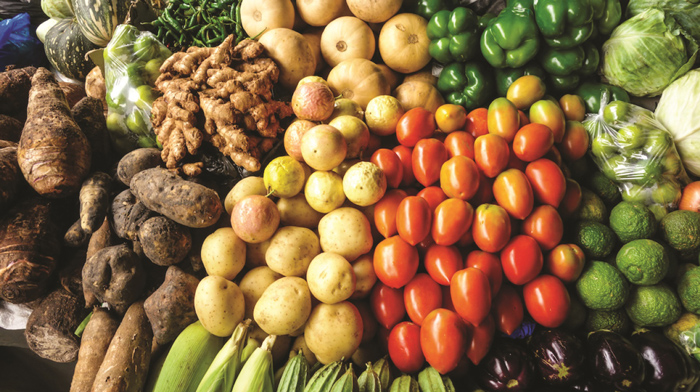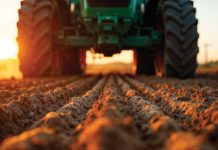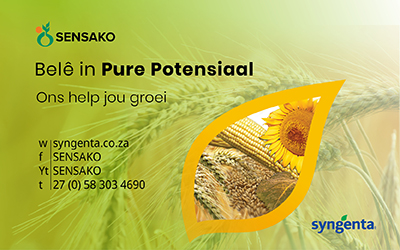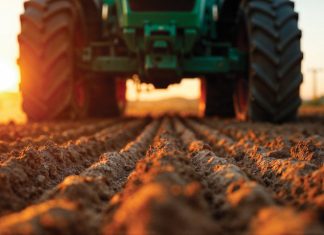

Dr Ismari van der Merwe, programme director: Department of Sustain-
able Food Systems and Development

Helene Cronje,
lecturer: Department of Sustainable Food Systems and Development
Food systems are central to our existence and have far-reaching impacts, including human health and well-being, economic and social development, and environmental sustainability. The role of food systems is increasingly recognised because of its important implications for sustainability.
The Food and Agriculture Organisation (FAO) of the United Nations (UN) defines sustainable food systems as systems that ensure food and nutrition security while preserving the environmental, social, and economic basis needed to continue fulfilling its aim for future generations. Forming sustainable food systems is central to achieving the UN’s 17 Sustainable Development Goals (SDGs) by 2030. Strategic planning is needed for the sustainable transformation of food systems and requires the engagement of a diverse set of experts and integrated disciplinary knowledge. Individuals who understand the complexity of food systems and the requirements for sustainable development play a critical role in the future of food systems.
The Department of Sustainable Food Systems and Development, established in 2019 in the Faculty of Natural and Agricultural Sciences at the University of the Free State (UFS), recognises the need for sustainable food systems transformation to contribute to the SDGs and the need for future-generation food system specialists.
Understanding food system complexity, and knowing that it involves a web of interconnected activities affected by and affecting a diverse range of elements, the department designed a holistic and integrated degree to overcome the fragmentation among educational programmes that teach only parts of the food system from singular disciplines in silos. The department now offers an innovative degree to address the gap and holistically educate students about food systems for sustainable responses.
The Sustainable Food Systems degree
The Sustainable Food Systems degree is a first of its kind, shifting the focus to a multidisciplinary and integrated food systems approach. Responding to the demand for education programmes that recognise the interconnectedness of food systems, the interdisciplinary degree aims to capacitate young-generation graduates with the capacities to solve real-world and complex food system challenges and create the desired sustainable food systems for the future. The young generation enrolled for the three-year degree will develop globally competitive knowledge and competencies, from farm to fork, to impact food systems locally and globally.
In the first year, students’ dynamic knowledge foundation is developed through integrated and multidisciplinary modules ranging from introduction to food systems; sustainable food systems; food safety; food processing; nutrition and health; economics; and food operations and supply chain management. With the stage set, the second year brings new and exciting content, including food marketing and branding; sustainable food production processes and technology; food and nutrition security; food and agricultural policy; communication and facilitation for sustainable development; and innovation systems.
Last but not least, the final year of the degree involves modules on environmental sustainability; regenerative food systems; new food product development; sensory analysis and gastronomy; consumer behaviour and trends; management of change and adaptation; and quality assurance along the food value chain. In the third year, students also take on an integrated project applied to sustainable food systems, where hands-on practical experience is further developed through new product development and venture creation.
The first-generation Sustainable Food System graduates will enter the job market as desirable critical thinkers with sound analytical and problem-solving skills. These individuals will be able to adapt to the fast-changing environment and have the necessary flexibility to fill various organisational roles. They will have developed communication skills, an entrepreneurial mindset, and other demand-driven competencies for the job market.

Photo: un.org/africarenewal
Career prospects
Career prospects in private, public, and non-profit organisations will range from food management in local, corporate, and agricultural settings; food quality and safety coordination; food innovation and sensory evaluation; marketing innovation and communications; food research and development; food production or service officer; artesian food specialist; food policy development; social entrepreneurship; sustainable food procurement and logistics; and so much more.
Education in sustainable food systems plays a crucial role in shaping our future. Understanding the intricate connections between food systems and the elements of sustainability empowers graduates to make informed decisions that benefit society, the environment, and the economy. Tomorrow’s leaders should be prepared to lead in a world facing complex food system challenges. Through sustainable food systems teaching and learning, today’s youth can grapple with the critical challenges of climate change, resource scarcity, economic instability, food and nutrition insecurity, and social inequalities.
Aligned with the UFS Vision 130 strategy for 2034, the university’s 130th anniversary, the department aims to contribute to the sustainable development of food systems in the Free State, South Africa, and beyond with the Bachelor in Sustainable Food Systems degree and the intent to deliver desirable graduates with the specialised skills and knowledge to drive sustainable food systems for the future.



















